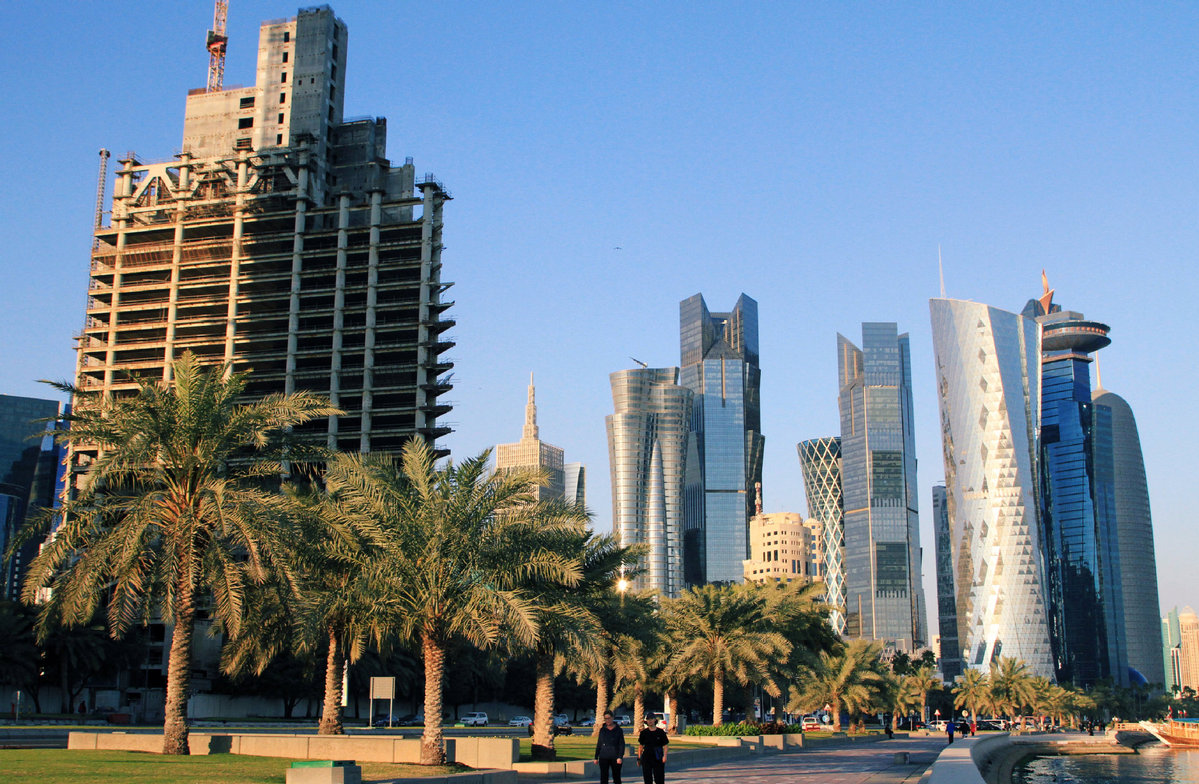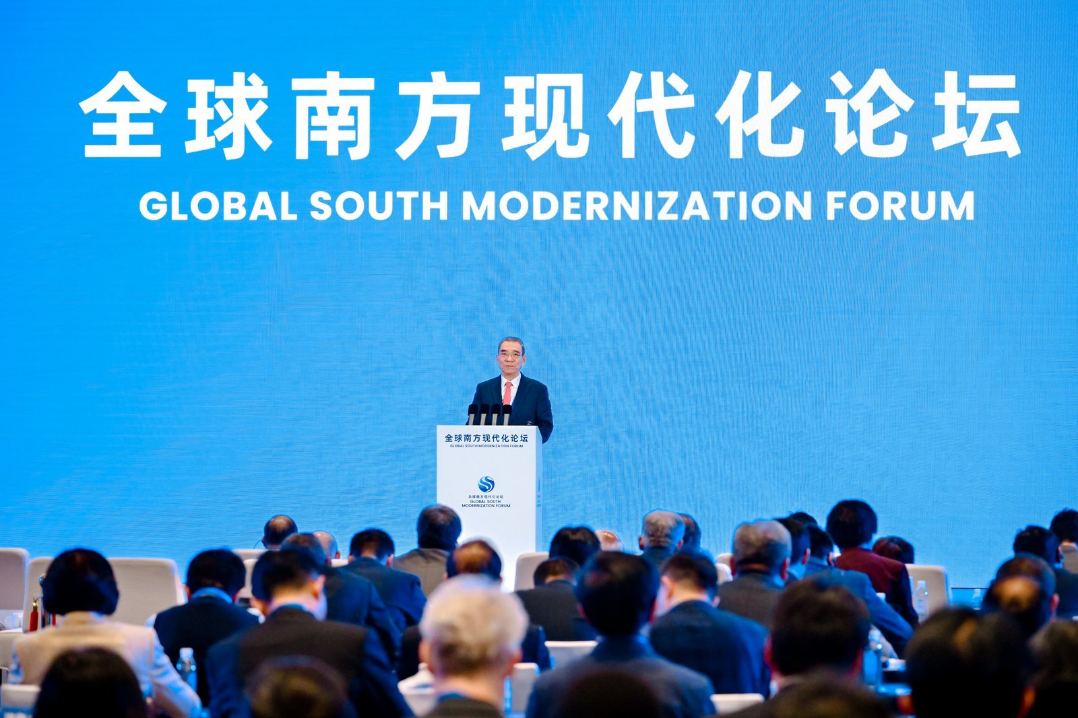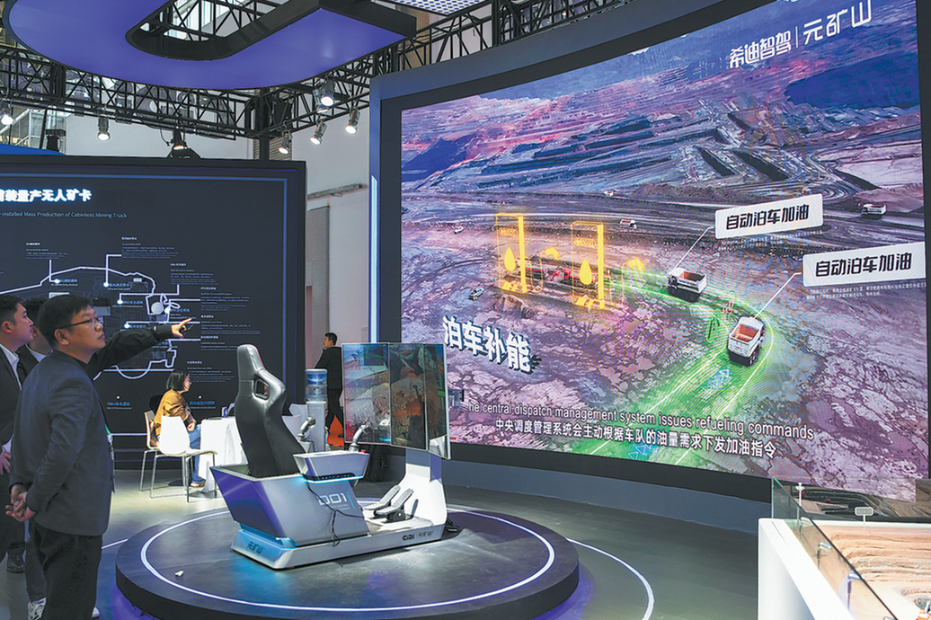Qatar's low-carbon city models a greener future
China Daily | Updated: 2019-03-03 10:27

DOHA, Qatar - During Doha's sweltering summers, when temperatures can hit 45 C and steamy humidity makes the air feel even hotter, museum manager Fahad al-Turky tends to drive a lot and stay mainly indoors.
But staying cool is getting easier in Msheireb Downtown Doha - a planned district still under construction in the capital where he works.
Developers of the 30-hectare regeneration zone, which aims to become "one of the largest sustainable cities in the world", are outfitting it with state-of-the-art green features, from rainwater harvesting to shady overhangs that make walking outside cooler.
"To be able to walk to get coffee outside or to a restaurant - it is a different kind of experience," said Turky, 30. Around Doha's traditional office towers, he said, "there really isn't much shade".
Many of the more than 100 buildings in Msheireb - apartments, offices, hotels, a shopping mall and a primary school - are fitted with solar panels, solar water heaters and overhangs designed to shade the surrounding sidewalks.
The mixed-use district - eight years in construction and preparing for its first residents this spring- also has hidden features, such as underground waste collection stations, and will connect to planned public transport in the city.
As well, there are systems that recover rainwater and air conditioning condensation into basement tanks, where the water is reused for irrigation and to flush toilets.
"In Msheireb, we are taking the responsibility of building a sustainable city and looking after our environment here, and looking to lower carbon-dioxide emissions," said Ali Saleh al-Yafei, the project manager at Msheireb Properties, which is developing the district.
High carbon emissions
Gas-rich Qatar emits more carbon dioxide per person than any country in the world, a problem as the world tries to rein in climate change and avoid challenges ranging from more extreme weather to sea level rise.
Across the oil-producing Gulf, officials are eager to demonstrate that their countries can be as effective stewards of the environment as other nations.
But that effort faces many challenges. Fossil fuel-produced electricity and water, for instance, are provided so cheaply in many countries that incentives to use less are limited for consumers.
Rising temperatures in an already blisteringly hot region, however, are a reminder that the Gulf, too, will face powerful impacts of climate change.
Msheireb developers hope their project could show how Qatar -and the rest of the Middle East -could cut emissions to help hold the line on climate change, in part by using fewer fossil fuels and less water.
"This is the way forward in the region, and many developments are thinking about sustainability and green buildings to help the climate not to get hotter," Yafei said.
Karim Elgendy, a sustainability consultant and founder of Carboun, an initiative to promote sustainable cities in the Middle East, calls Msheireb Downtown Doha "the best example of urban regeneration I've seen in the region in a while".
"Msheireb is a genuine effort to fix the city center," he said.
Estimated to cost $5.5 billion, the Msheireb Downtown Doha project is a venture of Msheireb Properties, a subsidiary of the Qatar Foundation, an educational and research organization founded by the ruling emir's father.
The project is part of a wider mission to meet Qatar's National Vision 2030 plan, which aims -among other goals - to reduce energy consumption and the nation's carbon footprint.
Reuters
























